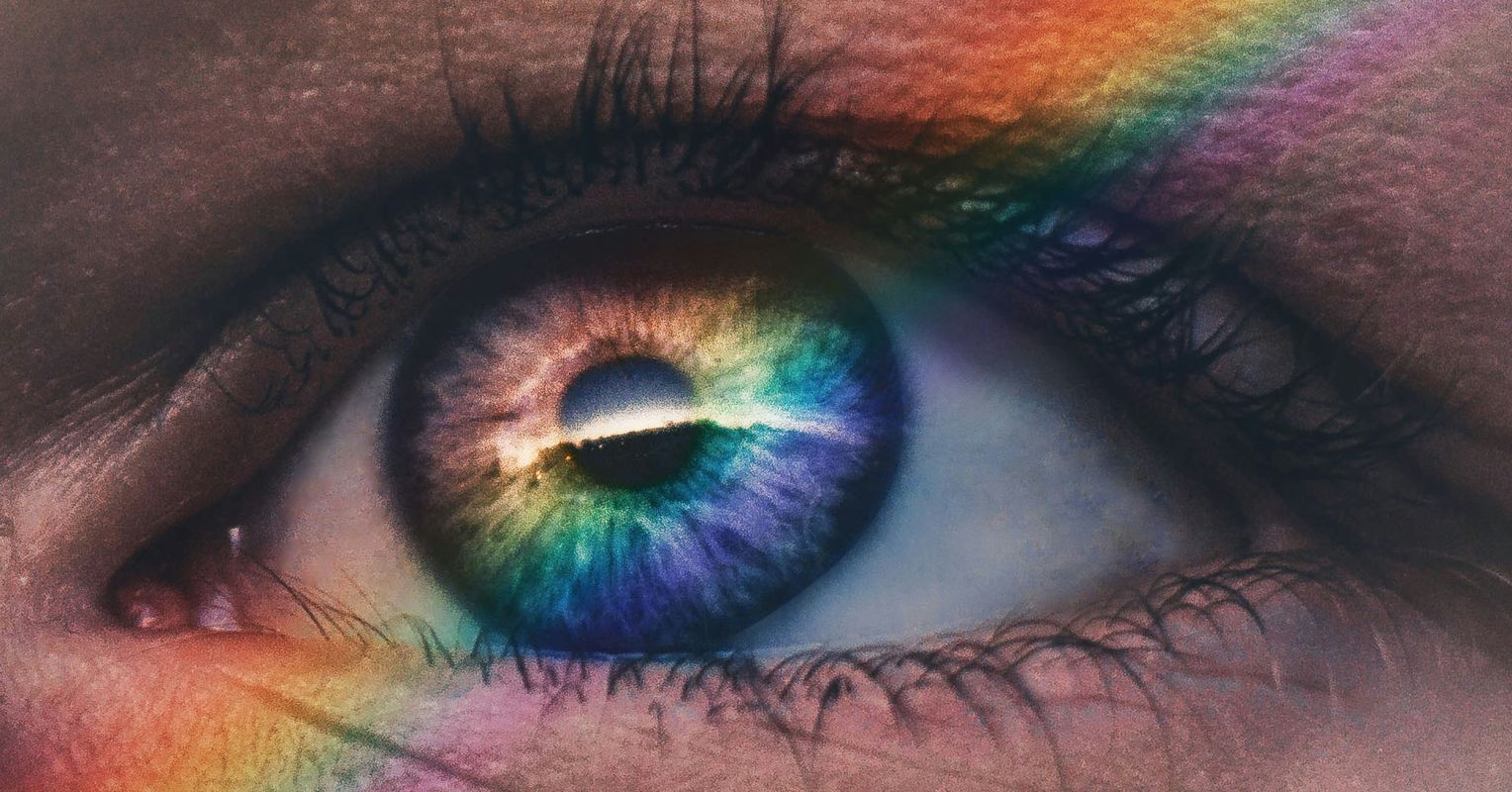The neurodiversity movement is a social justice initiative promoting the acknowledgment, acceptance, and inclusion of people with neurological differences. It aims to change how our society views neurodivergence so we can replace stereotypes with a more holistic view of people’s unique strengths and needs. Neurodiversity awareness allows the opportunity for more inclusive workspaces, schools, and communities, so that neurodivergent individuals can more fully engage in life.
One reason for the stark rise in popularity of the neurodiversity movement is social media. Social media platforms like TikTok, Instagram, Reddit, and YouTube give people access to a wide range of information, including people’s stories. The overabundance of information has pros and cons, but one benefit that researchers have found is that people who would otherwise go overlooked are starting to recognize their own neurodivergence.
The organization Understood, a nonprofit that provides resources and support to people who learn and think differently, conducted a survey exploring neurodiversity awareness and social media use in the U.S. They found that social media is helping some neurodivergent people connect, feel seen, and be understood.
- 30% of respondents said social media has helped them feel more comfortable talking about their neurodivergence.
- 43% of respondents reported social media has given them a community to connect with where they feel seen.
- 21% of respondents said social media has helped them better understand neurodivergent people’s experiences.
Neurodivergence is a beautifully broad term that refers to anyone whose brain works differently than what is deemed the norm. It can include learning disabilities like dyslexia or neurological differences like Tourettes.
But in this article, I’m going to focus on autism and ADHD—because those are my specialties—and the possible benefit of neurodiversity-affirming assessments for individuals whose diagnoses have historically been missed. Populations in which autism or ADHD might have gone overlooked include:
- People assigned female at birth
- People of color
- Individuals who are also gifted
- Individuals who are high-masking, or who hide their autistic or ADHD traits to be better accepted
- People who experienced childhood trauma
What is a Neurodiversity-Affirming Assessment?
A neurodiversity-affirming assessment is a process where a qualified Mental health provider assesses for a diagnosis in a way that acknowledges and respects your neurodivergence. A neurodiversity-affirming assessment views any neurological differences as unique variations rather than deficits to be “fixed.” It focuses on understanding and supporting you toward an accurate diagnosis, so that you can better understand yourself, embrace your differences, and affirm your identity.
Here are some key aspects of neurodiversity-affirming assessments for autism and ADHD:
- Focus on strengths. Unlike the traditional psychiatric diagnosis process, neurodiversity-affirming approaches focus on the unique strengths and abilities accompanying neurodivergence rather than just assessing for challenges or deficits.
- Respectful and inclusive language. Language used in neurodiversity-affirming assessments is inclusive, person-centered, and respectful of your identity.
- Individualized perspective. The assessment process is tailored to meet the needs and expectations of each person.
- Collaboration with the individual. The assessment incorporates previous self-assessment tools that you have completed into the diagnostic process. It also engages in a discussion about your diagnosis and how you want to be supported.
What are the Benefits of Receiving a Diagnosis?
Many adolescents or adults who suspect they might have autism or ADHD are hesitant to seek out an official diagnosis. The hesitation might be motivated by the cost, a waitlist, the logistical headache of finding an affirming assessor, the current political climate, or the stigma associated with the conditions.
These are all valid concerns—and below, I’ll explore the ethical considerations of a diagnosis even further. However, as the neurodiversity movement expands worldwide, there is also a push toward accepting and acknowledging the strengths and abilities of neurodivergent people. Receiving a diagnosis could be a step toward gaining a better understanding of yourself and giving you access to more resources.
Self-Identifying vs. “Official” Diagnosis
Due to all the concerns people have about going through an official assessment process, many choose to start with self-assessments and resources. Many autism assessments, including the AQ, RAADS-R, and CAT-Q (which assess for masked autistic traits), can be accessed online. There are also great books out there, like Devon Price’s Unmasking Autism.
Many people start with self-assessment but still desire an official diagnosis for confirmation. Getting an official Mental health provider diagnosis can answer questions and open doors—and if a provider is neurodiversity-affirming, they are often willing to acknowledge your self-assessment process and incorporate your results into Mental health treatment.
At the end of an assessment, you will receive a multi-page document that explains how your diagnosis shows up and offers resources for support moving forward. You will be allowed to discuss any questions with your assessor and get feedback on your specific experience in the world.
Official assessments can give you context for your behaviors or give you an understanding of why specific experiences are challenging. It can provide validation of your neurodivergent identity and help you begin to accept yourself more fully. An official diagnosis can give you access to additional resources and accommodations at work or school and open up opportunities to gain access to supportive neurodivergent communities.
What Are the Ethical Considerations of a Diagnosis?
Some ethical considerations should be discussed before choosing to pursue a diagnosis of autism or ADHD.
-
Mandatory record. In the U.S., there are seven states where it is mandatory to report an autism diagnosis to a state-run database.
-
Disability application. A diagnosis done by a masters-level clinician won’t be accepted if you’re applying for government disability.
-
Cost. An out-of-pocket assessment can be very expensive, depending on location and insurance coverage.
-
Insurance. If you choose to go through insurance, waitlists are often very long. The provider might not have undergone neurodiversity-affirming training and be unfamiliar with highly-masked or minority presentations. Also, insurance companies will have a record of your official diagnosis.
-
Immigration. An official diagnosis of autism can make it more difficult to immigrate to certain countries, especially those with universal healthcare.
-
Life insurance. If you have an official diagnosis of autism or ADHD and try to get a private life insurance plan, the rates will likely go up and might be hard for you to afford.
-
Stigma. Though the neurodiversity movement is helping spread awareness about neurodivergence, there is still a stigma associated with autism and ADHD.













